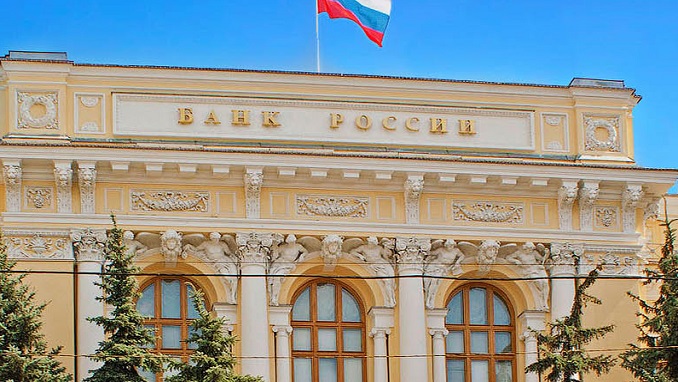The Central Bank of Russia has identified 208 illegal Forex brokers in the first half of 2018, according to Valery Lyakh, Head of the Bank of Russia’s Department for Countering Malpractice. The materials about these brokers have been sent to law enforcement agencies, he told Kommersant.
The list of these entities includes foreign Forex brokers that illegally target Russian clients, as well as Russia-based companies which operate without the necessary FX dealer licenses, as required by the Russian law.
The problem with illegal currency brokers in Russia remains acute in the face of the existing Forex legislation. There are only eight companies that are currently licensed to operate as FX dealers in Russia. The small number is partially explained by the tough requirements for obtaining a license from the central bank. Another reason is the lack of a simplified procedure for client identification.
In May this year, a new bill, which outlines such a simplified procedure for client identification, was submitted at the Russian Duma – the lower chamber of the Russian parliament.
The authors of the document explain that, as of May 15, 2018, the number of clients of the licensed Forex brokers in Russia is 3,539. At the same time, there are about 200 unlicensed companies that offer Forex services to Russian clients. These companies usually operate offshore. The total number of Russian clients trading through platforms of brokers that do not have licenses issued by the Bank of Russia is around 500,000. The average deposit per client is $800-$1000.
Illegal Forex companies are not the single type of fraudulent schemes targeting Russian residents. The Central Bank has detected an increase in the number of financial pyramids related to investments in crypto-assets. Lyakh said that dozens of such illicit schemes were uncovered in the first half of 2018. Typically, these scams target residents of bigger Russian cities where the income is higher and most people have access to the Internet – the most typical environment for executing crypto-scams.












